You may have noticed that raisins come in different colors, including black, white, or yellow, and different nutritional facts and information.
We compare seedless golden (light-colored) raisins, which are widely available and don’t require a trip to the health food store, to natural seedless (dark-colored) or black raisins.
A small 1.5-ounce container of unprocessed, dark, seedless raisins weighs 43 grams. The USDA estimates that this serving contains the following vitamins and minerals:
A total of 129 calories
There are 1.4 grams of protease per serving.
At 1.9 grams per serving, fiber
As big as a thimble
There are 28 teaspoons.
The amount of calcium is 26.7 mg.
Magnesium, in terms of milligrams, is 1055.
Phosphorus content: 42.1 mg
You should consume this amount of potassium.

Raisin is the most famous and widely consumed dry fruit, which is consumed regularly. As with all dried fruits, the sugar concentration is higher compared to whole fruits. The sugar content of raisins increases rapidly. Raisins are a great food option because they are also rich in fiber and other minerals.
Canned fruit is an inexpensive and practical way to include more fruit in your diet. Fresh American grapes have about 2.5 grams of carbohydrates per serving, while raisins have 11 grams per half-ounce (14.4 g) serving.
Grapes have fewer calories than raisins, but less fiber. The carbohydrates, calories and fiber of golden raisins are the same as black raisins. Although raisins with seeds contain more fiber, they have the same number of calories and carbohydrates.
Although raisins are rich in carbohydrates, fructose, which makes up most of its sugar, has a lower glycemic index than glucose. The glycemic index measures how much food affects your blood sugar in terms of pure glucose.
The effect of each food item on blood sugar level is influenced by the glycemic index, the amount of consumption and the foods that are consumed with it. These two concepts are combined in special diets using the glycemic load.
Depending on the source, raisins have a low to moderate glycemic index. Remember that everyone’s reaction to food may be different and the glycemic index is a tricky subject. If you eat too many raisins, those with diabetes who already have high blood sugar levels are at risk of dangerously high blood sugar levels.

The amount of unsaturated fat in raisins is very low. Protein With less than one gram of protein per ounce, raisins are a poor source of protein.
Minerals and vitamins are essential for a healthy diet. One ounce of raisins contains all the potassium you need for the day. Iron, calcium, vitamin B6, vitamin C, and vitamin B12 are just a few of the many vitamins and minerals that may be found in raisins.
Consuming these has several health benefits, including: Although drying grapes reduces some of their nutrients, raisins still contain antioxidant compounds, polyphenols, phenolic acids, and fiber, making them a nutritious snack. converts
Linked to a healthier diet: Data from the National Health and Nutrition Examination Survey shows that those who ate raisins had a healthier diet overall than those who didn’t.
Those who did not eat raisins consumed less fresh vegetables and whole grains than those who did. People who ate raisins had a smaller waist circumference, a lower BMI, a 39% lower chance of being overweight or obese, and a 54% lower risk of developing metabolic syndrome. 3
Body composition, ethnicity, color, gender, and age are just a few of the variables that are ignored when using the outdated and biased BMI.

Despite its shortcomings, BMI is often used in the medical field because it is a simple and inexpensive approach to assess health status and possible outcomes. Reduces the risk of heart disease According to one study, including raisins in your diet may help reduce the risk of heart disease.
Compatible with microbiomes: Raisins contain prebiotics such as inulin, as well as soluble and insoluble dietary fiber. Increased metabolism boosts the immune system and lowers cholesterol by encouraging the growth of “good” bacteria in the gut. 5
For endurance athletes, carbohydrates are very important during long training sessions and competitions. Many people choose raisins as an alternative to sports chews and gels. Based on short research, they improved athletic performance during moderate to intense activities as well as specialized sports jelly beans. Effectively treats problems related to oral health.
Raisins have antibacterial properties such as linoleic acid, alpha-linolenic acid and oleanolic acid to fight bacteria that cause dental problems such as cavities and gum disease.
Although allergies to grapes and raisins are both relatively rare, few cases have been reported in the medical literature.
Negative consequences: If you are not used to eating a lot of fiber or are sensitive to it, raisins may cause stomach pain.
In addition, it is important to remember that youngsters under the age of four may choke on raisins.
Varieties: The most common type of dried fruit you find in supermarkets are dark, seedless raisins. These are made using purple or red grapes. Another choice is golden raisins, sometimes known as sultanas. If available, seeded raisins have more fiber than seedless raisins.

Although they look like raisins, they are made from raisins, a completely different fruit. Craisin is not a raisin and it is not the same as a raisin. They are branded, dried blueberries with added sugar.
Keeping food safe: Raisins and other dried fruits are shelf-stable, unlike some fresh fruits that need to be refrigerated for storage and transportation. Store them in a sealed container in a cool, dark place for a month. Then keeping them in the refrigerator will increase their shelf life. Properties of raisins for health
Raisins are a good source of energy, vitamins, minerals and antioxidants. Polyphenolic antioxidants, fiber and phytonutrients are also found in abundance.
Raisins have 3037 moles of trolox equivalents (TE) per 100 grams, while fresh grapes have 1118 moles of TE/100 grams.
Like grapes, raisins contain resveratrol. Resveratrol is an anti-inflammatory, anti-cancer and cholesterol-lowering polyphenol. Studies show that resveratrol prevents melanoma, colon and prostate cancers, coronary heart disease (CHD), neurodegenerative disease, Alzheimer’s disease and viral/fungal infections.
Resveratrol reduces the risk of stroke by changing molecules in blood artery cells. It does this by reducing the activity of angiotensin (a systemic hormone that constricts blood vessels and increases blood pressure) and by increasing the production of nitric oxide (a vasodilator that relaxes blood vessels) (a beneficial compound that relaxes blood vessels). he is doing it.

Like grapes, they are rich in anthocyanins and polyphenolic antioxidants. Anti-allergenic, anti-inflammatory, anti-microbial and anti-cancer.
100 grams of raisins provide 10% of the daily fiber requirement. According to studies, moderate consumption of fiber reduces body weight, blood cholesterol and the risk of colon and breast cancer. It also relieves constipation by reducing the time of food transit. Flavonoids such as tartaric acid, tannins, catechins, etc. are also abundant. These compounds along with inulin and fiber help smooth bowel movements.


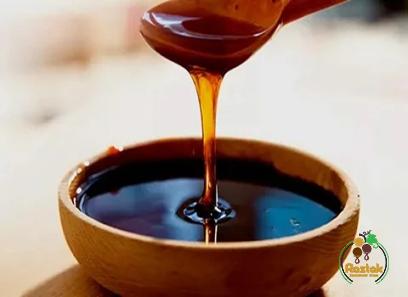
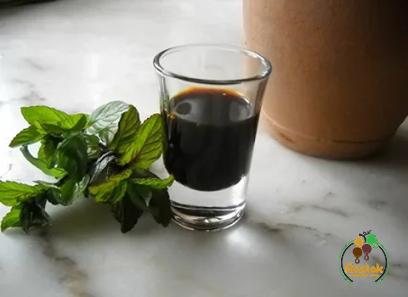
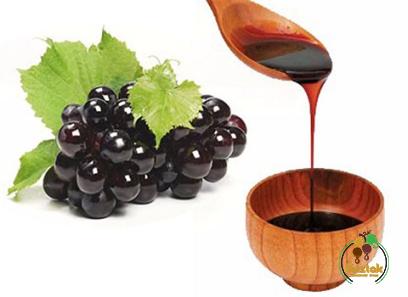

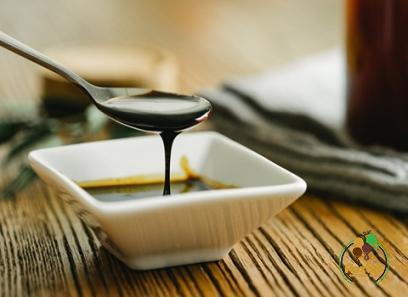
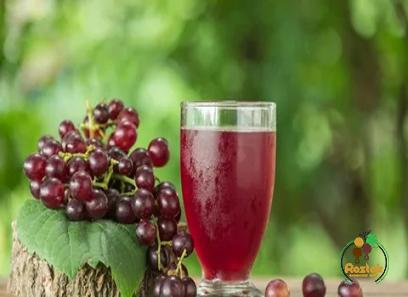
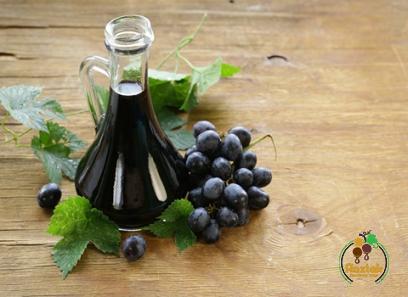
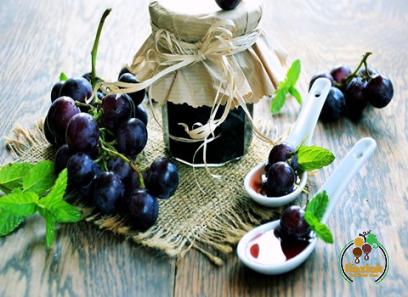
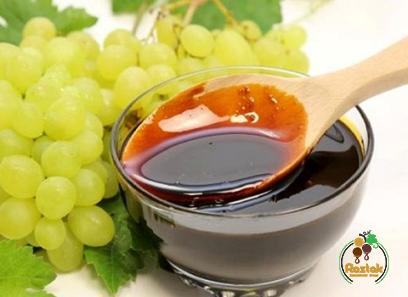
Your comment submitted.